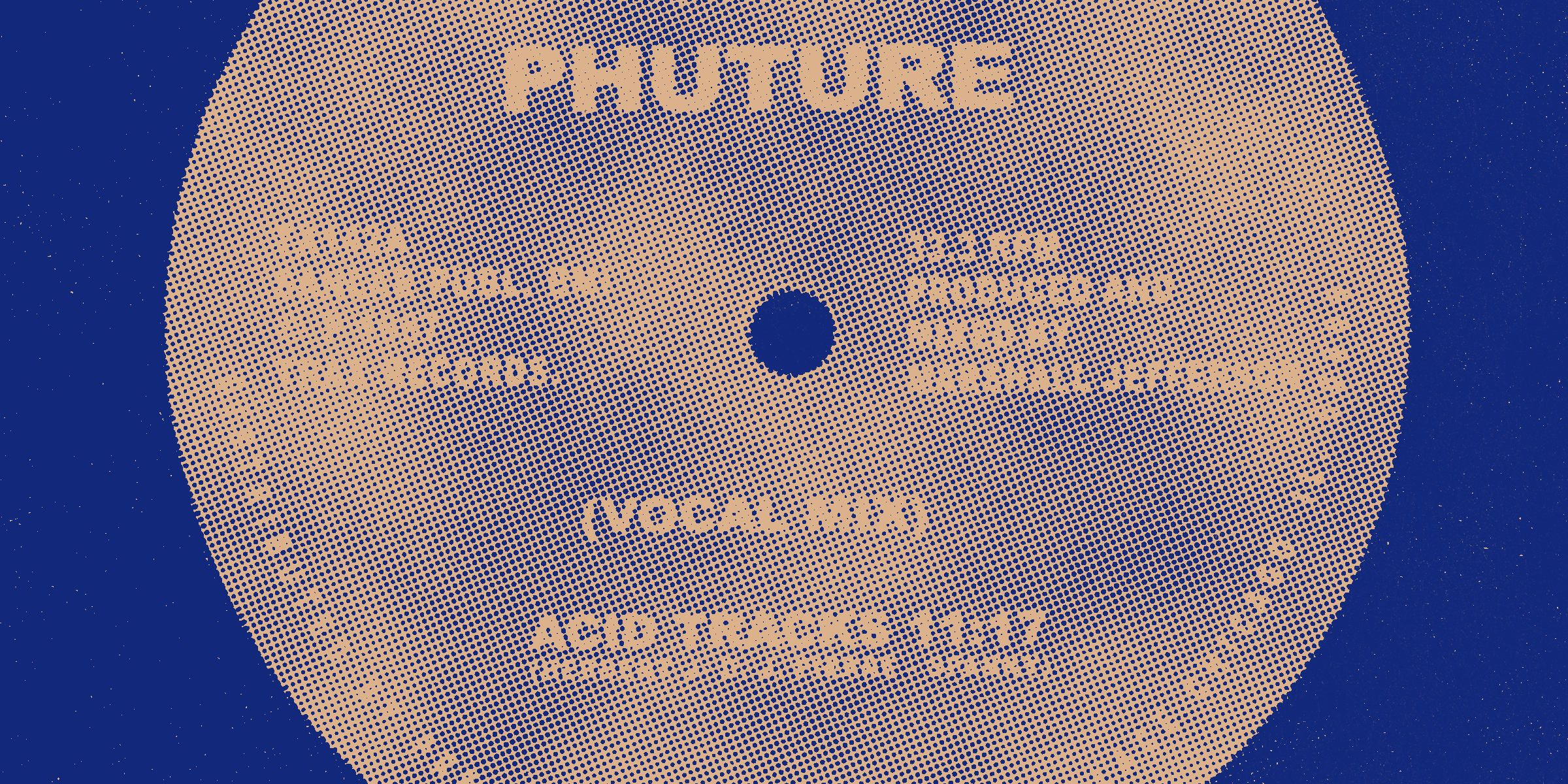Phuture's "Acid Tracks" and the Acid House to come
It's easy to take for granted how far Acid House has come. And important to look back at the pioneering "Acid Tracks" that helped the culture go global.

If you're at all familiar with Acid House it can be hard to imagine sitting down to a collection of grey and black Roland machines, in a part of the world famous for soul music, and coming up with repetitive and immersive and outright unusual music. We can go down the rabbit hole of exploring the impact of Kraftwerk and Giorgio Moroder in bringing the sounds of electronic music (previously limited to artistic or scientific endeavours that spilled over through groups like the BBC Radio Workshop). But they are still just a handful of data points in a world of influence. Rightly or wrongly, we have to draw lines back to specific moments and specific events to help signal a tipping point from one era to another. And it's fair to say the Phuture's "Acid Tracks" deserves it's position as one of the tipping points in the creation of Acid House.
Released in 1987 by a trio calling themselves Phuture, this seminal track played a significant role in birthing a new subgenre of dance music, as well as a place in the history of a culture that would reverberate globally. The genesis of "Acid Tracks" can be traced back to the vibrant music scene of Chicago in the 1980s (with no shortage of input from nearby Detroit and its own house to techno revolution). Chicago was a hotbed of musical experimentation, with a fusion of genres like disco, funk, and new wave setting the stage for the era that we've since play out on a global scale. But how did we get here?
Enter the Phuture of "Acid Tracks"
Phuture, comprised of DJ Pierre (Nathaniel Pierre Jones), Spanky (Herbert Jackson), and Herb J (Herbert Jackson), emerged as key players in this quest for musical innovation. It was in the summer of 1985 when DJ Pierre and his friends were experimenting with the Roland TB-303 in the studio. In an accidental twist of fate, they discovered that tweaking the synthesizer's controls produced a strange, squelchy, and hypnotic sound. This accidental discovery laid the groundwork for "Acid Tracks."
DJ Pierre recalls the moment of revelation, "We stumbled upon something magical. The sound was so different from anything we had heard before; it was like liquid energy coursing through your veins. We knew we had to capture it." In 1987, Phuture released "Acid Tracks" on Trax Records, and the impact was immediate. The track's repetitive, hypnotic bassline, combined with the raw, futuristic beats, struck a chord with club-goers and DJs alike.
The Cultural Impact of Acid House
The emergence of Acid House, characterized by its distinctive "squelchy" 303 sound and hypnotic rhythms, transcended mere music. It became a cultural movement, a symbol of rebellion, unity, and freedom of expression. Acid House parties were more than just gatherings; they were transformative experiences, offering an escape from societal norms and a chance to embrace a new, inclusive subculture.
The 303 sound's repetitive and almost trance-like nature became the heartbeat of the underground, connecting people from all walks of life. It blurred racial, gender, and social barriers, bringing together a diverse community united by the music's euphoria. The "Second Summer of Love" in the UK (1988) exemplified this movement, where acid-fuelled raves flourished, creating a utopian atmosphere where everyone was equal under the dance floor's spell.
Global Proliferation
The infectious wave of Acid House spread like wildfire across continents, inspiring artists and producers worldwide. It significantly influenced the development of techno, trance, and various other electronic subgenres. Iconic tracks like "Strings of Life" by Derrick May and "Energy Flash" by Joey Beltram echoed the essence of "Acid Tracks" while adding their unique touch, solidifying Acid House's place in the global electronic dance music panorama.
Legacy and Evolution
"Acid Tracks" remains a timeless classic, revered by generations of dance music enthusiasts. Phuture's contribution to music history is notable and well-loved, even if it would be painfully reductive to attribute so much of the goodwill around Acid House to a single track or handful of artists. Phuture's contribution was foundational, and added momentum to a movement that would go global. The spirit of Acid House continues to evolve, adapting to contemporary tastes while staying true to its original ethos of uninhibited celebration and unity.


